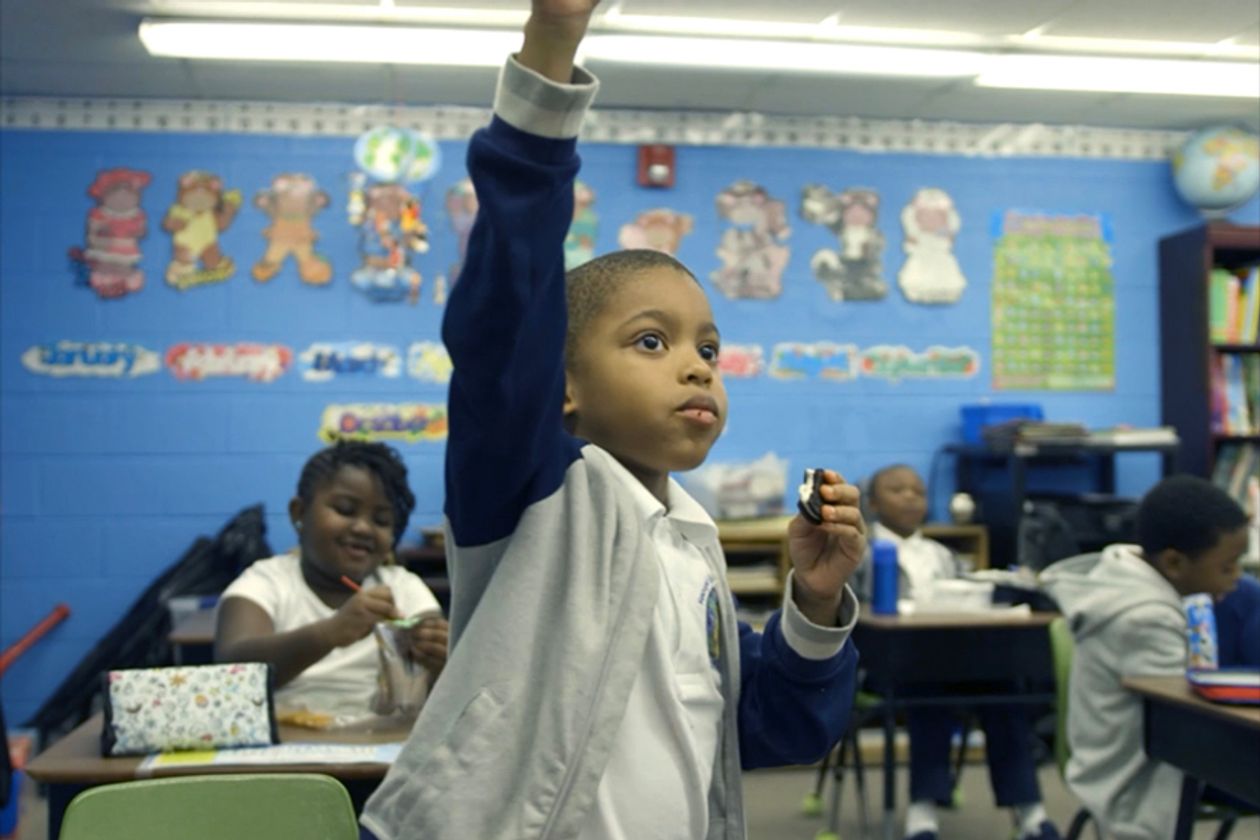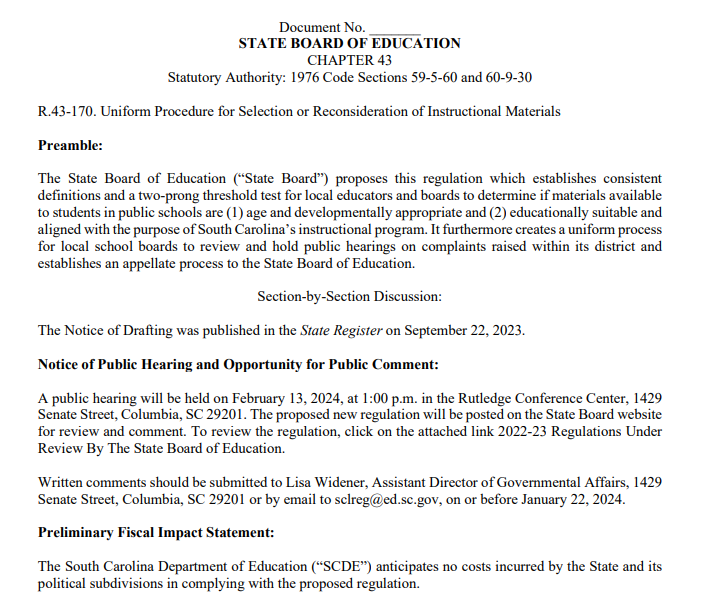The End of Average

Ellen Weaver
Is there such a thing as an “average” child?
As parents of multiple children can attest, even those born within the same family differ dramatically in personality, aptitudes and interests!
But the way we approach public education all too often is still based on an 1800’s era, one-size-fits all model. This is something that Todd Rose, director of the Mind Brain and Education program at Harvard, is determined to change.
Todd himself overcame enormous obstacles on his personal education journey. In a recent interview with The 74, he shares:
It’s nice that I’m a professor at Harvard and some other things, but I also failed out of high school, pretty spectacularly. I had a 0.9 GPA and I didn’t quite fail – they actually kicked me out. I like “fail” because it makes it seem like I had some choice. I ended up on welfare, I had two kids while I was working minimum-wage jobs at 19 and needed a different life, and I did still have this sort of weird belief in the power of education to transform lives and life circumstances. So I got my GED and went to college at night and I sold fence during the day and slowly built up a new view of myself and what I was capable of.
His unique path to success has played an important role in shaping how he approaches the education challenges that plague many communities today. For him, the answer starts with a complete change in mindset: remembering that the ultimate purpose of education is to help each child reach their full potential…not simply to beat an average.
Here’s the thing. Relative performance is how some parents gauge success … “We’re doing fine compared to somebody else.” But who cares? What we really want to know is, have we developed your kid’s potential to its fullest, period?
Todd argues that space for state and local innovation – not more federal control over education – is key.
If you think about what this kind of education system needs, it’s a highly contextualized set of solutions. What looks right in LA Unified may not be the same as what it looks like in Salt Lake City. The principles will be the same, but the way it looks will be specific to the kids and the context and the resources and constraints.
I think what we need are a lot of local innovations and experimentation with what really will work for whom under what circumstances, and I think when you have a strong national presence, the sort of knee-jerk reaction is to say, “What if we just had a federal play for this,” but I don’t think that’s the best path to a solution here. I think a lot of state and local innovation is what was needed, and now there’s pretty much no other option but to do it that way.
How do we transform South Carolina’s lagging education outcomes? Three important principles form a strong foundation for a personalized learning revolution:
- Autonomy – Parents should be able to choose an education environment that is right for the needs of their individual student. School leaders should be treated like the valuable professionals that they are and not hamstrung by a lot of bureaucratic mandates, whether from the federal, state or district level. Principals and teachers must be empowered to be the CEO’s of their schools and classrooms in order to customize education to the unique needs of the students they serve.
- Accountability – In exchange for more autonomy and flexibility from one-size-fits-all mandates, there must be a laser focus on measuring what matters most: student mastery of content. Accountability for schools must be transparent and fair, equipping parents with the information they need to make good decisions for their child’s future.
- Equity – While funding must be fair and take into account the challenges faced by different students and areas, the data proves time and again that more money alone simply does not correlate with improved student success. The idea of equity must be expanded to include the notion that we can’t accept lack of performance from systems that are chronically failing to deliver acceptable results for their students. Your destiny should not be determined by your zip code!
As Todd Rose discusses, we desperately needs a dramatic shift in our concept of what education looks like if we’re going to break down current barriers to opportunity and prepare the next generation to reach their full potential.
It starts with putting the individualized needs of students – not a one-size-fits-all system – at the center of the discussion.




